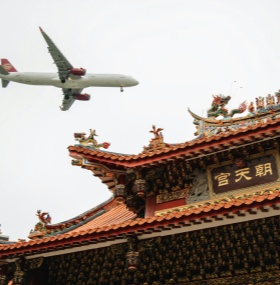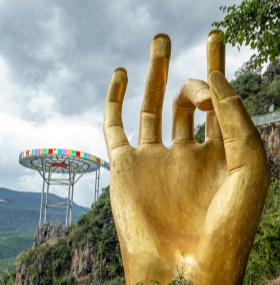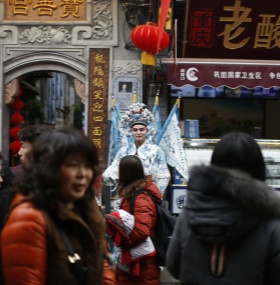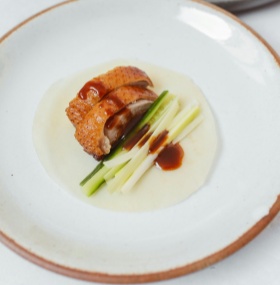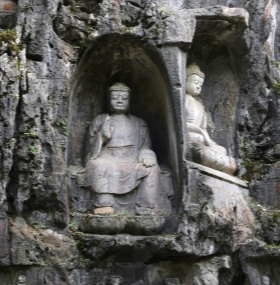The Classical Gardens of Suzhou, a UNESCO World Heritage Site, are not only beautiful examples of traditional Chinese landscape design but also a rich cultural journey for visitors interested in the philosophical and historical significance behind the gardens. Suzhou, known as the "Venice of the East," is home to a series of exquisite gardens that reflect Chinese ideals of harmony, tranquility, and balance between humanity and nature.
1. Gardens as Philosophical Spaces
The gardens of Suzhou are a living embodiment of Chinese philosophical ideals, including Confucianism, Taoism, and Buddhism. These principles are reflected in the design of the gardens, which emphasize the relationship between man and nature. Each garden represents the Chinese belief in living harmoniously with the natural world.
For example, the Lingering Garden is designed to encourage visitors to slow down and observe their surroundings, embodying the Taoist principle of simplicity and peace. The placement of rocks, water features, and plants in the garden encourages a meditative experience, symbolizing the fleeting nature of life and the importance of inner peace.
2. Architectural and Artistic Wonders
Suzhou’s classical gardens are also masterpieces of architectural design. The interplay of pavilions, corridors, and bridges with natural elements creates a dynamic visual experience. Visitors can appreciate the detailed craftsmanship of the Master of Nets Garden, where space is used efficiently to create a sense of openness despite the small area. The Humble Administrator's Garden, another highlight, is the largest and features an intricate network of ponds, rockeries, and pavilions, representing the ideal balance of water, rocks, and plant life.
The Garden of the Unsuccessful Politician, named after its owner, is another fascinating example. It showcases the importance of history and personal stories in the design of these spaces, with each element contributing to the narrative of the individual who built the garden.
3. A Window into Traditional Chinese Culture
Beyond their beauty, the gardens also offer a window into traditional Chinese culture and art. Visitors can observe the integration of classical Chinese art forms such as calligraphy, painting, and poetry in the gardens’ design. The architecture and layout of the gardens often feature inscriptions from famous poets and scholars, further linking the space to Chinese artistic heritage.
In addition, many gardens host performances of traditional Chinese music and cultural activities, including tea ceremonies and art exhibitions. These events allow visitors to engage with the local culture on a deeper level and provide insights into the historical importance of these gardens in Chinese society.
Travel Tips:
● Best Time to Visit: The gardens are particularly stunning in the spring and autumn when the flowers are in bloom and the weather is pleasant.
● Guided Tours: For those interested in learning more about the gardens’ philosophical and cultural significance, hiring a local guide can provide deeper insights into the meaning behind the designs.
The Classical Gardens of Suzhou offer visitors a rare opportunity to explore the intersection of nature, philosophy, and art, making them a must-visit destination for anyone interested in Chinese culture and history.
If you're planning an unforgettable trip, we have carefully designed multiple China tour itineraries to meet different needs and interests. Here are some related itinerary recommendations:
3-Day Hangzhou, Suzhou and Shanghai Tour
Contact us to learn more and customize your perfect China adventure.
Related Posts
Create Your Customized Trip
Take about 2 minutes to fill the form to tell us how you like to travel, and get a reply within 1 working day.


